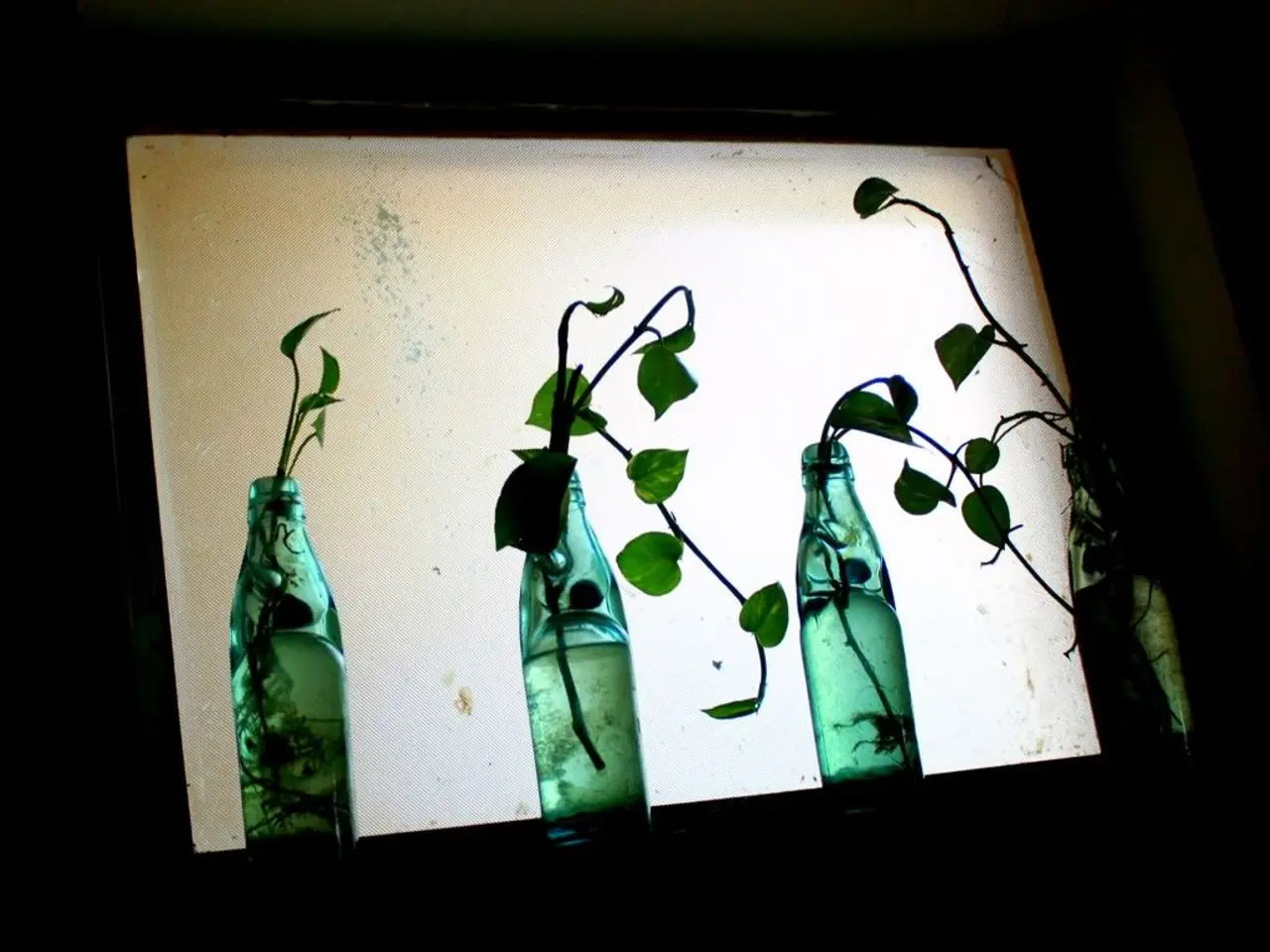New Jersey Sues Pfizer, J&J, Honeywell Over Contaminated Morris Plains Site
New Jersey's Department of Environmental Protection (DEP) has launched a lawsuit against several prominent companies, including Pfizer, Johnson & Johnson, and Honeywell, along with multiple real estate firms. The suit revolves around a contaminated site in Morris Plains, where a shuttered pharmaceutical plant once operated, leaving behind toxic waste that continues to pose a risk to residents and the environment.
The plant, which functioned from the 1950s to 1980s under Warner-Lambert (now owned by Pfizer), discharged trichloroethylene (TCE) and other hazardous chemicals into the groundwater. This contamination led to a 2012 classification exception area (CEA) designation, barring the use of the affected area for drinking and other purposes. Despite remediation efforts, the area remains at risk.
The DEP's lawsuit alleges that the contamination could still endanger residents and may have contaminated local ecosystems. The suit seeks financial compensation from the named companies for past and future cleanup costs. These companies are considered 'knowing purchasers' under New Jersey's Spill Act, making them responsible for cleanup if they acquired land with knowledge of past contamination. The DEP also extends its demands to companies that have benefited from remediation efforts.
TCE, used for freeze-drying at the site, was found to have concentrations of 16,000 parts per million in 1989, far exceeding acceptable levels. In 2016, TCE was classified as a carcinogen, linked to kidney cancer, non-Hodgkin lymphoma, and liver cancer. The CEA designation is set to expire in 2027, but the groundwater is unlikely to meet drinking-water standards by then.
The DEP's lawsuit could result in a significant payout for the state, with previous settlements ranging from $393 million to $2 billion. The named companies are now facing potential financial responsibility for the cleanup of the Morris Plains site, highlighting the ongoing impact of past industrial activities on the environment and public health.







